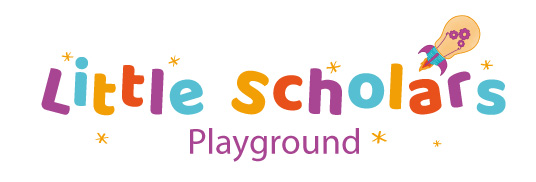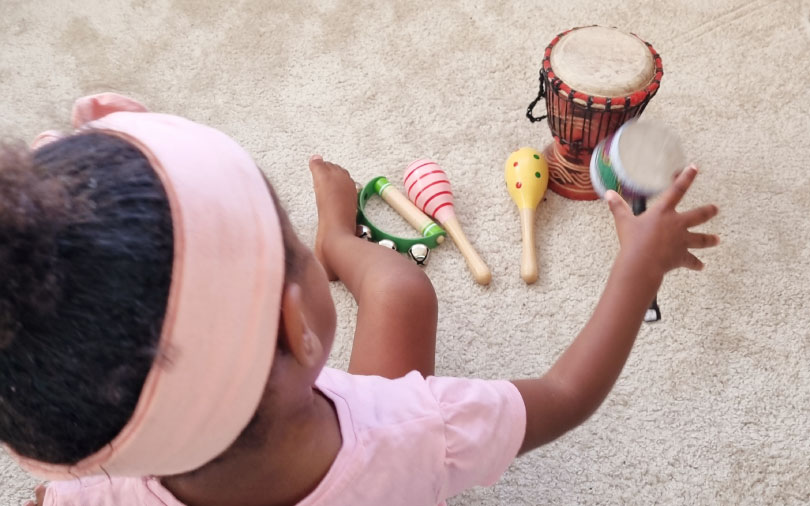4 mins
Learning music helps with a child’s brain development. But did you know it also helps to improve maths skills? To play a musical instrument well, you need to develop your critical thinking and problem solving skills. These are key skills when learning maths. If you think back to early childhood, young children often learn counting through rhythm. They first start clapping their hands and bopping their head to a number’s nursery rhyme. We know kids learn through repetition which is why nursery rhymes are great. Young children are particularly responsive to rate, which is a key player in helping them to form mathematical skills.
Below are 6 ways learning music is beneficial to developing a mathematical mind:
1) Performing music reinforces parts of the brain used when doing maths because It’s about time signatures, beats per minute and formulaic progressions
2) The frequency of sound is related to maths, different sounds can be made up with different weights and vibrations
3) Studies show that children who play instruments are able to complete complex mathematical problems better than their peers who do not play instruments
4) Patterns are used in both maths and music
5) Learning music teaches valuable skills such as patience, research also shows that children who learn an instrument retain information better
6) Music is full of fractions. Music includes whole notes, half notes and quarter notes, all of which follow the same rules as a maths equation
Getting children used to music early on will have fantastic positive outcomes. It adds a fun element to learning and sometimes can get them to learn things without even realising it. Who knew that learning music which is lots of fun can help with improving a child’s maths skills?
Natalie
Little Scholars Playground
info@littlescholarsplayground.com
About the author
Natalie is the co-founder and illustrator at Little Scholars Playground. She is passionate about literacy, learning, illustrating, black women in STEM and Montessori.




